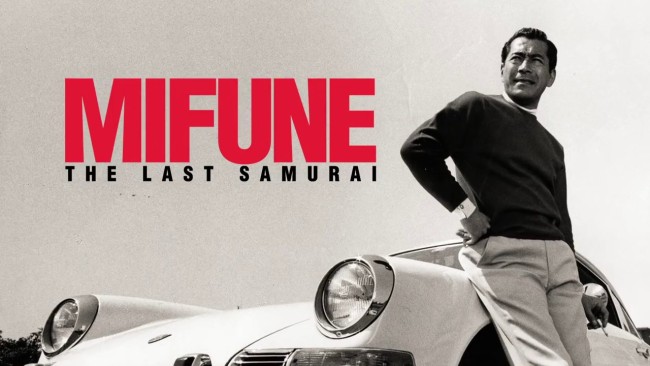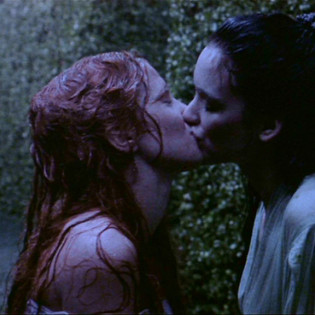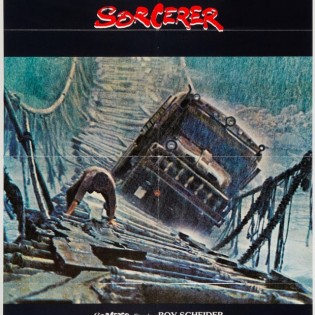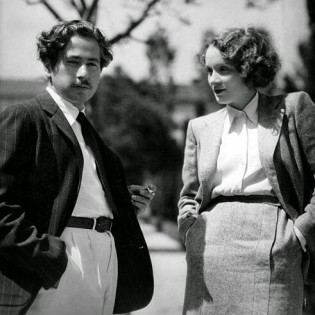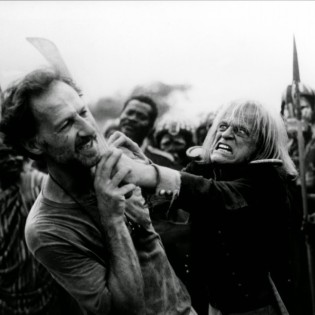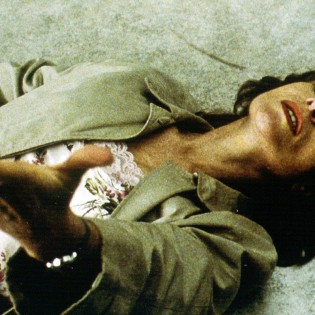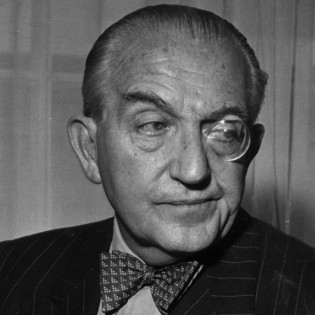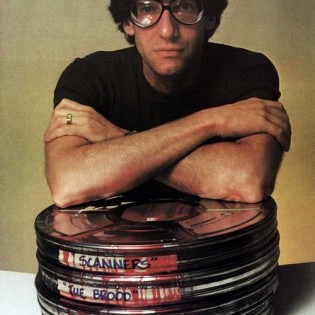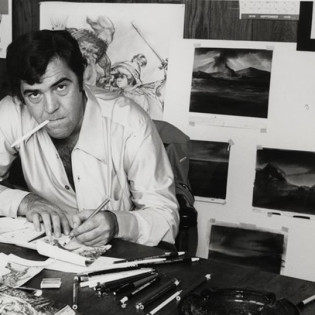By James Hancock November 15th, 2016
Of all the great actor/director partnerships in movie history, there are few if any that can match that of Toshiro Mifune and Akira Kurosawa. Some might argue instead for Scorsese/De Niro, Herzog/Kinski, Huston/Bogart or Ford/Wayne. But as much as I might love the movies resulting from those amazing collaborations, there is something unique about Mifune and Kurosawa in that their careers were so perfectly intertwined for so many years. Mifune and Kurosawa made no less than sixteen films together, many of which are now thought of as some of greatest films ever made, movies that gave many Western audiences their first exposure to Japanese films. Rashomon (1950), Seven Samurai (1954), Throne of Blood (1957), Yojimbo (1961), their work together forms the spine of a Golden Age of Japanese Cinema. But the story of Mifune does not begin and end with Kurosawa and thanks to filmmaker Steven Okazaki we now have a film, Mifune: The Last Samurai, that provides a comprehensive look at Mifune’s remarkable life from his experiences during WWII to becoming an iconic international star. With a variety of interviews with his friends, collaborators and admirers as well as some phenomenal clips from his best work, Mifune: The Last Samurai is an invaluable resource, one that should delight cinephiles, irrespective of whether they already consider themselves an expert on the subject of Japanese film or are getting exposed to these amazing films for the first time.
I don’t want to summarize the details of the documentary in that I would at best be doing a disservice to the story that this film tells so well, but I do want to call attention to a few details that for me made this film such an enjoyable experience. As someone who is obsessed with film history, the real treat for me was seeing clips from silent films made in Japan, specifically those samurai films which I learned that the Japanese describe as “chanbara”. The genre sadly went into a state of decline during the Thirties and Forties, first because of strict government control over the film industry for use as propaganda and later due to a ban of all samurai films during the US occupation of Japan in the years after World War II. But with Seven Samurai (1954), Mifune and Kurosawa played a major role in resurrecting this tradition, resulting in so many amazing vehicles for Mifune including Hiroshi Inagaki’s Samurai trilogy and Kihachi Okamoto’s The Sword of Doom. Kurosawa developed a reputation for maintaining strict control over every detail of his productions with the one exception being Toshiro Mifune, an actor he encouraged to build his characters from within according to his own instincts. The result is a fascinating series of roles for Mifune that culminated in Red Beard (1965) after which Kurosawa and Mifune never worked together again. Of all the friends and family members interviewed for this film, none of them succeeds at unraveling this mystery.
Beyond his work in films, Mifune: The Last Samurai provides an interesting look at Mifune’s personal life, one defined by a love of strong drink, cars and playing cards. It was not an uncommon experience for Mifune to drive by Kurosawa’s home in a state of drunkenness cursing his name loudly only to report back to set the following day with a consummate sense of professionalism. As entertaining as these anecdotes might be, there are also other chapters in his life offering some insights into who he was as a man. After being drafted in WWII, he worked in aviation often with kamikaze pilots. Before their missions, he would encourage them not to think of their emperor but instead to make one final call to their mothers to say goodbye. The documentary does an admirable job of finding the balance between these personal stories and film-related interviews such as those with directors Martin Scorsese and Steven Spielberg as they speak at length of their love of Mifune’s work and his importance to film history. If I were to offer one criticism of the film it might be that that style of the film is a little traditional taking few creative risks at times making me feel like I was watching a really good Blu-ray special feature rather than a feature film. But that feeling did not in any way interfere with my enjoyment of the movie, a movie that only deepened my respect of Mifune as an actor and as a man. My only lingering complaint is wondering how much time and money I’m going to have to spend binge watching Mifune’s movies in the days and weeks to come before I get a chance to see this very entertaining documentary again.
MIFUNE:THE LAST SAMURAI directed by Academy Award-winning filmmaker Steven Okazaki, will open in NYC on November 25 (IFC Center) with a LA/SF and national release to follow.
Subscribe to My YouTube Channel


